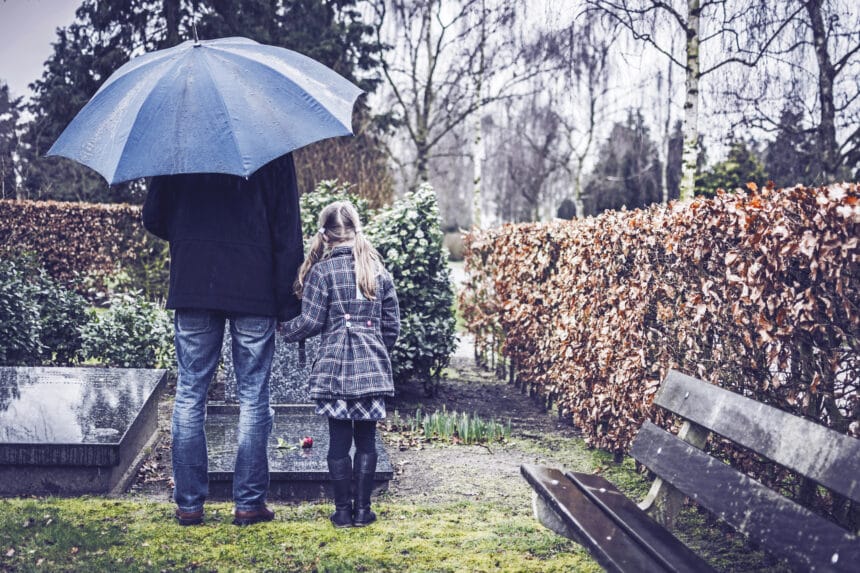Depression is a serious problem that affects 280 million people all over the world. Sadly, there are a lot of things that can cause it.
One of the common reasons people suffer from depression is that they lost a loved one. Losing a loved one suddenly and unexpectedly is devastating. When that loss is because of a preventable accident, the grief can be experienced alongside feelings of anger, confusion, and overwhelming injustice. Around 40% of people continue to suffer major depression a month after the loss. In these situations, the journey to healing can be long and fraught with emotional and logistical challenges.
You need to be aware of the signs of depression so you know that you need treatment. This will help you take the appropriate steps to get the help that you need.
Seeking justice can help you find closure. A Knoxville wrongful death attorney can help guide you through the legal process while you focus on healing.
This article aims to provide guidance on coping with loss after a preventable accident and shed light on when it may be appropriate to seek legal support to pursue justice for your loved one. You may want to read our articles on dealing with grief after loss.
Understanding Grief After a Preventable Accident
The grief following a preventable accident can be particularly intense. Survivors will have questions such as “What if?” and “Could this have been prevented?” These thoughts can lead to complicated grief, where normal mourning is prolonged and impedes day-to-day functioning.
Recognizing the uniqueness of what you’re experiencing can validate a range of emotions including:
- Anger and Frustration: The knowledge that someone’s negligence or recklessness led to your loss can be infuriating. Processing these feelings in a healthy way is essential for emotional recovery.
- Guilt: Survivors often grapple with irrational guilt, blaming themselves for not foreseeing or preventing the incident.
- Numbness: It’s common to feel disconnected or unable to process emotions. This is your mind’s way of protecting itself from overwhelming pain.
Coping with Your Loss
- Acknowledge Your Emotions: Sadness, anger, guilt, and confusion are natural parts of grieving. Allow yourself to feel the full range of emotions that arise during this process.
- Seek Support: You don’t have to face this journey alone. You can gain support, comfort, and understanding from friends, family, or a bereavement support group. A grief counselor can also provide tools to help you manage your emotions through this time.
- Establish a Routine: While it may seem impossible, maintaining a simple routine can help you maintain a sense of normalcy. Regular activities, like walking, staying healthy, or setting aside time for meals, can ground you during a time when life feels chaotic.
- Create Space for Remembrance: Honoring your loved one’s memory can be an essential part of the healing process. This could be through creating a scrapbook, setting up a memorial space at home, or participating in activities they loved.
Consider Legal Action if Appropriate
Compensation from a wrongful death claim can ease the financial burdens that often accompany a tragic loss, such as funeral expenses and loss of future income, and send a strong message that negligent behavior will not be tolerated.
If the preventable accident that took your loved one’s life was due to negligence, filing a wrongful death claim is an important step toward justice. If you can hold responsible parties accountable, it may help you find peace in knowing that future incidents may be prevented.

